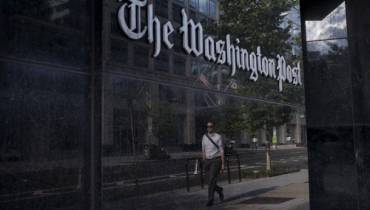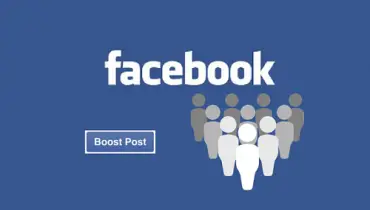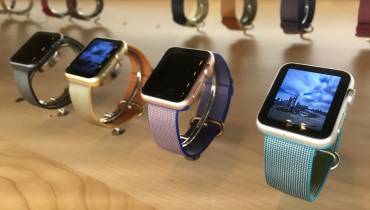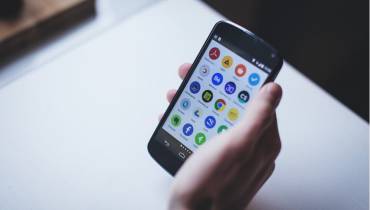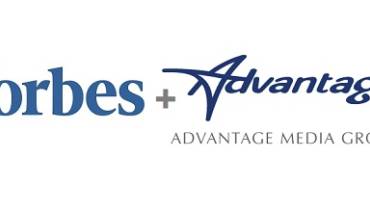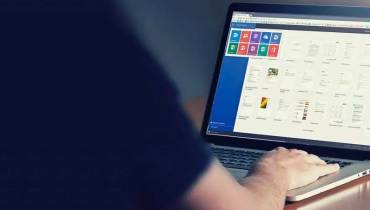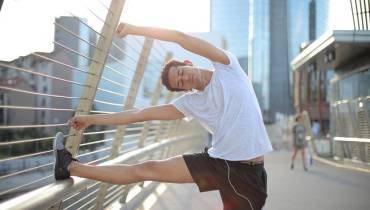Inspiring Women Striving for Sustainability & Inclusion In Beauty
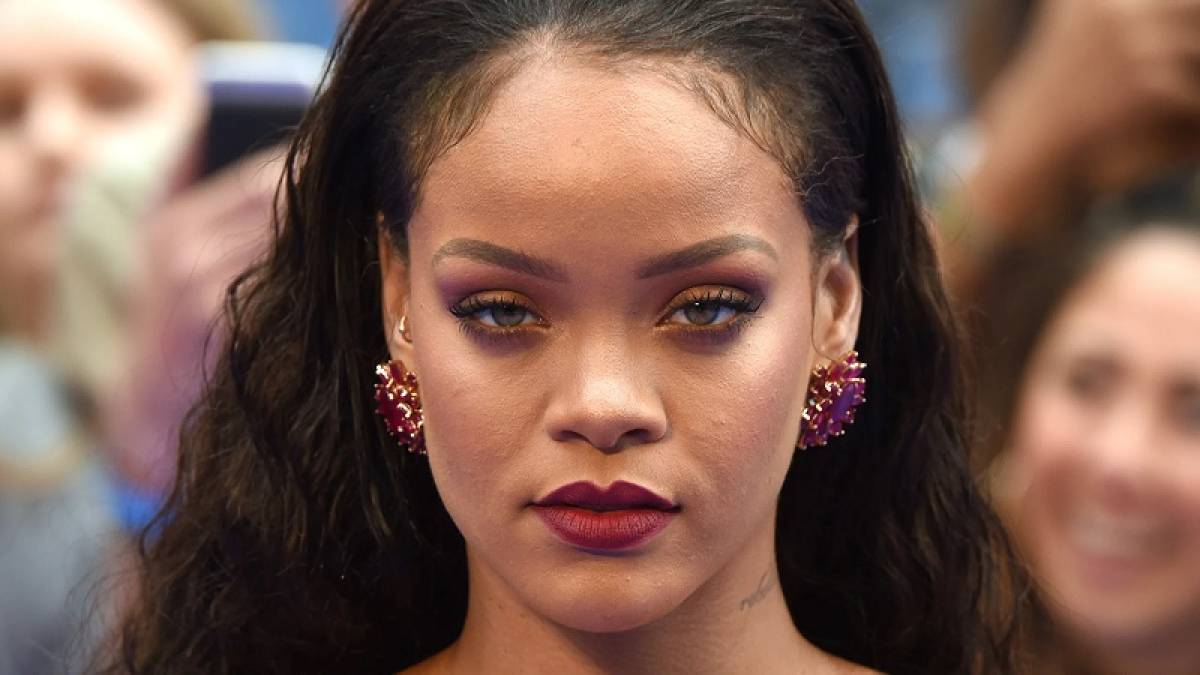
Rihanna. Photo by Anthony Harvey/Getty Images
When it comes to being an empowered woman, there is no “one size fits all” approach. We may feel strong and empowered through building a successful career, being a mother, or looking good. We may feel confident and assured when we’re alone, when we’re with friends, or when we’re with a partner. Women can thrive in any sector – a major one being business.
Sadly, women are generally underrepresented in top-level roles in business. In 2019, the percentage of women on the boards of big UK companies reached an all-time high of 30% – much lower than men.
However, gender equality is at its highest in the beauty industry. Today, there are more women than ever entering the world business, so much so that the global number of female entrepreneurs grow more than 10% each year.
There are many inspiring female founders in the beauty industry. Once – and certainly not that long ago – women weren’t even allowed to work. Now, they are making waves and building empires.
Stories of women creating positive change are invaluable, so here, we look at women paving the way in the beauty industry and the impact their work has had.
1. Dr.Lipp
Pontine Paus, London-based Norwegian designer and shipping heiress.
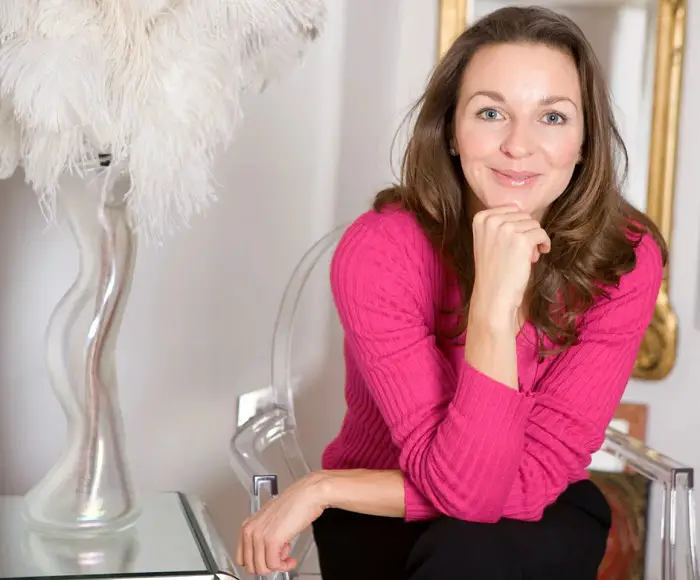
Pontine Paus - Designer and entrepreneur.
Beauty brand Dr.Lipp was founded by Pontine Paus in 2004. Pontine was the person who made nipple balm mainstream by bringing it out of the breastfeeding market and as an effective treatment for dry skin.
The ingredient in this nipple balm turned lip balm and everywhere else balm has been used by nursing mothers for a long time – one natural ingredient from medical grade lanolin.
“If it was good enough for your nipples it would be good enough for everywhere else.” Lanolin is the unsung hero of the skincare world and is proof that short ingredients lists can be just as good as the long, expensive ones and even serves more than one purpose.
Many times, customers can be left baffled by long skincare ingredient lists filled with unfamiliar names. Some beauty brands use this to exploit customers with promises of eternal youth and unproven solutions to skin health. It wasn’t until the last few years where more transparent skincare brands were popping up.
However, Dr.Lipp was certainly one of the first to lead this change in the industry. Dr.Lipp cuts through the jargon and empty promises made in the beauty industry to deliver a simple, effective, multi-use product.
Multi-use skincare is also a fantastic way to cut down on plastic waste and overconsumption – offering one product to fix dry skin is cheaper and also better for the environment.
Where there are so many companies using unrecyclable packaging, Dr.Lipp is committed to a reduced carbon footprint while offering customers a high-quality brand.
2. Fenty Beauty
Rihanna, Barbadian-born, US-based Grammy award-winning singer, actress, fashion designer, and businesswoman.
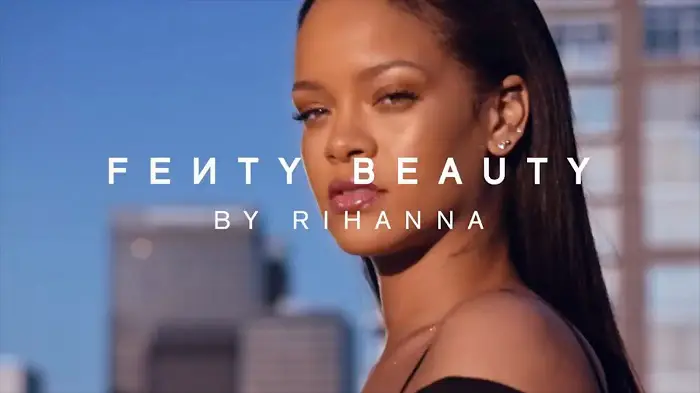
International superstar Rihanna launched Fenty Beauty in 2017, which has become an iconic brand for many people of color across the world.
Sadly, in the modern world, people of color struggle to find makeup shades that match their skin color. All you need to do is walk down a makeup aisle to see a swathe of different white shades available for sale with very few darker shades available – essentially ignoring a whole group of people.
The great thing about Fenty Beauty is that Rihanna used her platform for good. She wasn’t just another celebrity using her name to create a cheap line of fragrance or makeup that she had little involvement in.
Rihanna brought an important conversation to light around inclusion in makeup and released 40 foundation shades to provide Black women with more choice. This makes Rihanna an innovator in the market by using her influence to change the status quo.
3. Black Girl Sunscreen
Shontay Lundy - Newburgh, New York-born millionaire founder of Black Girl Sunscreen.
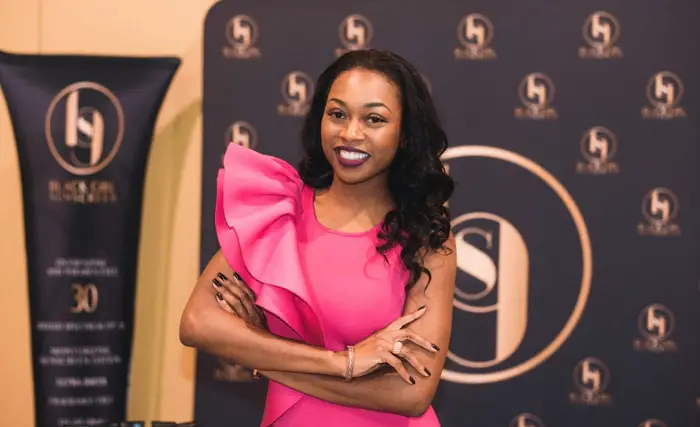
Shontay Lundy launched Black Girl Sunscreen in 2016 in the U.S. – again, highlighting the disparity in beauty products offered for both white and Black women.
Shontay was underwhelmed by the options of sunscreen for Black skin, as many leave a white cast rather than sinking in to be invisible. Shontay said she knew it was risky to market sunscreen to Black people, with many not buying or applying it.
Shontay commented:
“Normally, Black people don't wear sunscreen because we weren't taught to do so. I didn't know if anyone would purchase Black Girl Sunscreen – however, I did know that I couldn't be the only Black girl that was looking for sunscreen."
Finding investors was hard, especially as a Black woman. Female entrepreneurs receive only 2.2% of venture capitalist funding in the U.S., which is even lower for women of color at less than 0.2%.
The ingredients are also crafted to be moisturizing for Black skin with no added ingredients that are hypoallergenic. Last year, the company was valued at $5 million, and will hopefully stimulate more products targeted to people of color and their skin needs.
The beauty industry is constantly growing and evolving to suit changing trends. It seems that the biggest growth needed is to be both inclusive and sustainable.






